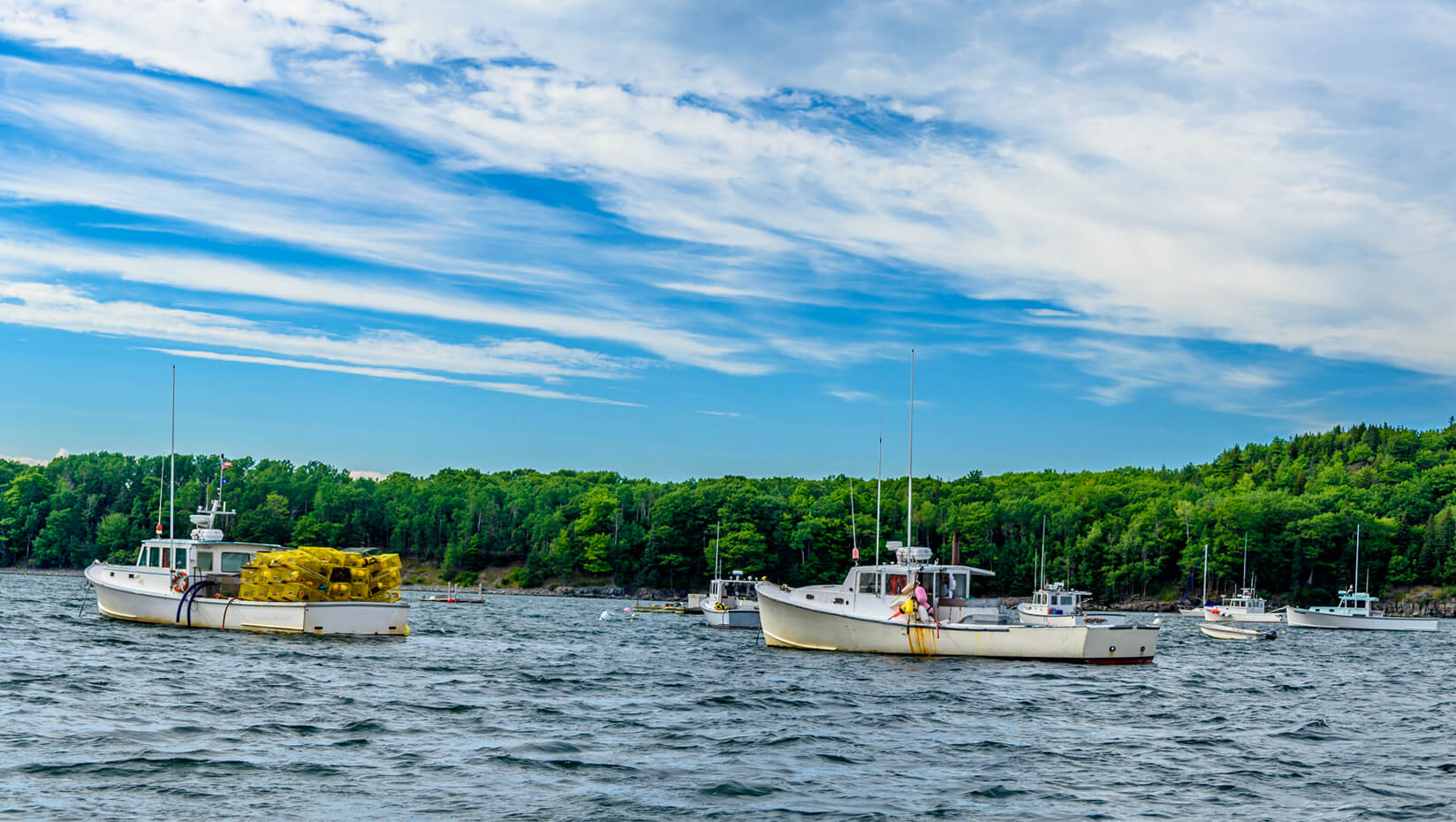
UMaine researcher, journal article on scientific credibility featured for World Environment Day
A journal article on scientific credibility by University of Maine researchers has been selected by a global publishing company to be featured on its website in celebration of World Environment Day.
The article, “Communication, Relationships, and Relatability Influence Stakeholder Perceptions of Credible Science,” was first published in the journal Fisheries in April.
It is one of 146 articles from 75 journals across a broad range of disciplines that is being featured by Wiley starting June 5. The collection highlights science that is making a positive impact on the future of the planet.
The website also spotlights 15 scientists who are using their research to advocate for the environment, including the study’s lead author, Jocelyn Runnebaum, who earned a Ph.D. in marine biology from the School of Marine Sciences at the University of Maine in 2017. She is now the fisheries project manager at The Nature Conservancy in Brunswick, Maine.
Other authors include recent School of Marine Sciences alumni Elisabeth Maxwell, now with Maine Sea Grant; Karen Pianka, now with NOAA Fisheries in Washington, D.C.; and Noah Oppenheim, executive director of the Institute for Fisheries Resources in California, who were all students in the dual master’s degree program in marine biology and marine policy; as well as Joshua Stoll, who received his Ph.D. from the School of Marine Sciences in 2016 and is now an assistant research professor in the School of Marine Sciences.
The authors highlight that applied fisheries science results in a knowledge product that informs policy and management, which makes perceptions of credibility a critical aspect of the scientific process.
The study suggests researchers who struggle with getting their science used in a decision‐making context may want to consider how harvesters, managers or policymakers perceive credibility beyond the technical merits of science.
The team asked marine resource stakeholders from Maine to discuss perceptions of credible science to understand how they assess scientific credibility.
Text analysis of six small-group conversations revealed that stakeholders evaluate credibility based on communication style, relationships and relatability. The attributes are self‐reinforcing and are influenced by transparency.
The study identified the importance of developing the ability to listen to the views and expertise of stakeholders and adapt to new situations and relationships. The researchers found facilitation and improvisational, or acting, trainings can provide effective tools for improving listening and communication skills.
“Management decisions based on scientific information that is viewed as credible by stakeholders have a greater potential to be accepted by stakeholders, and potentially result in higher compliance with these conservation and management measures,” Runnebaum says.
Results were based on a limited number of stakeholders who were predominantly commercial lobster harvesters and had previously been involved in cooperative research.
To provide further insight, the researchers suggest future studies target stakeholders from other areas within the commercial fisheries industry who are not already engaged in science or policy.
World Environment Day encourages global awareness and action to protect the environment. All articles featured on Wiley’s website are free to read through Aug. 31.
Contact: Elyse Catalina, 207.581.3747, elyse.catalina@maine.edu
